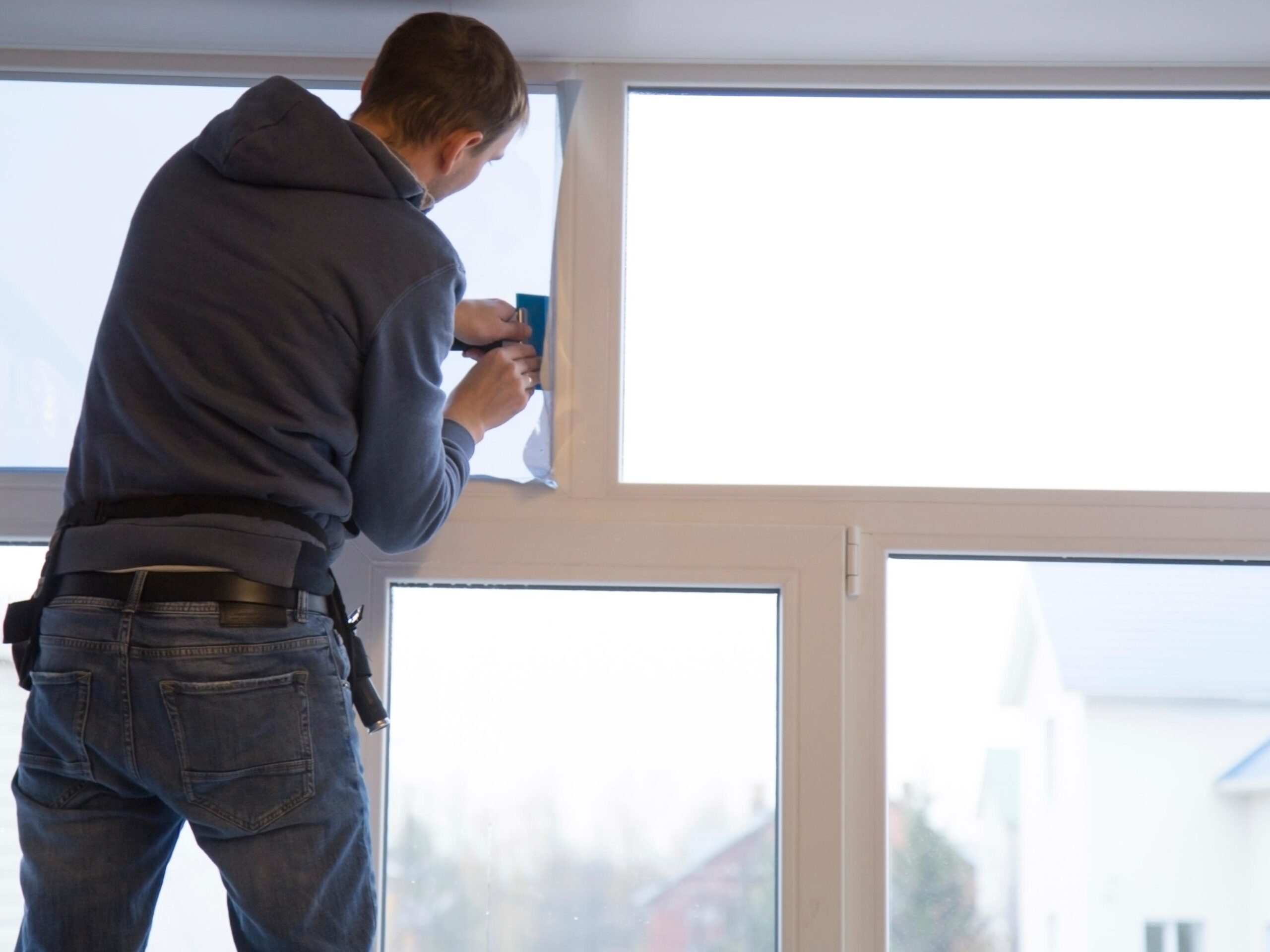Commercial property owners know that energy costs can take a big bite out of their budget. The Commercial Buildings Energy Consumption Survey (CBECS) reports that in 2018, commercial buildings spent $141 billion on energy costs. It’s no secret that energy prices have soared since 2018. Businesses were paying 10.67 cents per kilowatt of energy then, and today, the average nationwide rate sits at 12.89 cents. That’s an increase of over 20% in seven years.
That’s why businesses are looking for ways to lower their energy costs. One of the biggest energy expenses for many buildings is air conditioning. Keeping indoor spaces cool, especially in buildings with large glass surfaces, means cranking up the AC and watching energy bills soar. Retrofitting old glazing with window film to block sunlight can be a simple solution that results in big savings.
Solar-controlling window films reduce heat gain, improving the building’s energy efficiency and creating significant savings for commercial properties. Learn more about how this affordable upgrade can lead to lasting economic benefits for your property.
Cut Cooling Costs with Window Film to Block Sunlight
Sunlight streamlining through windows creates a bright, inviting indoor space. Unfortunately, it also heats up the interior. The increase in temperature from sunrays coming through the windows is called heat gain. Heat gain is responsible for around 33% of cooling expenses, and it forces the HVAC system to work harder. Not only does this put more strain on your cooling system, but it uses more energy.
Sun-blocking window film allows commercial spaces to maintain more consistent indoor temperatures by reflecting solar energy away from the glass. The film reduces the need for constant thermostat adjustments and decreases how often the AC system cycles on and off.
The results? A measurable reduction in energy costs, especially in warmer climates or in buildings with expansive glass interiors. One case study found that window film reduced heat gain in a building by an impressive 55%.
A Sustainable Alternative to Window Replacement
Replacing older windows is one way to improve a commercial space’s energy efficiency, but it’s expensive and disruptive. Solar window film offers a more sustainable solution. Rather than manufacturing and installing new glass, window film enhances the performance of the existing window with minimal environmental impact.
Blocking heat gain isn’t the only way window film can save you money, though. It can also help strengthen your existing glass. By improving heat rejection, window film can help prevent cracking, chipping, or premature wear in the glass. The added durability can help extend the lifespan of your current glazing.
Solar-blocking window film can also contribute to LEED certification and other green building initiatives. That’s good news for property owners looking to meet sustainability goals, but it’s also good news for your building’s market value. An energy-efficient building is more appealing to potential tenants or buyers.
Retrofit Your Older Windows With U.S. Film Crew
Using window film to block sunlight can be an affordable, effective solution for commercial property owners who want to improve their building’s energy efficiency and lower cooling costs. It’s a simple solution that offers long-term value without expensive renovations.
If you want to explore what solar window film can do for your commercial space, you can trust the experts at U.S. Film Crew for professional advice. Our team can evaluate your current windows and recommend a commercial window film solution to improve tenant comfort, reduce energy costs, and meet your building’s unique needs.
Learn more about our commercial window films, including our security window films, by scheduling a consultation with one of our specialists today.


